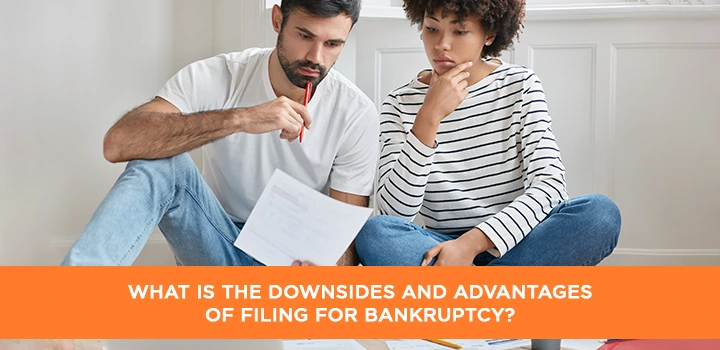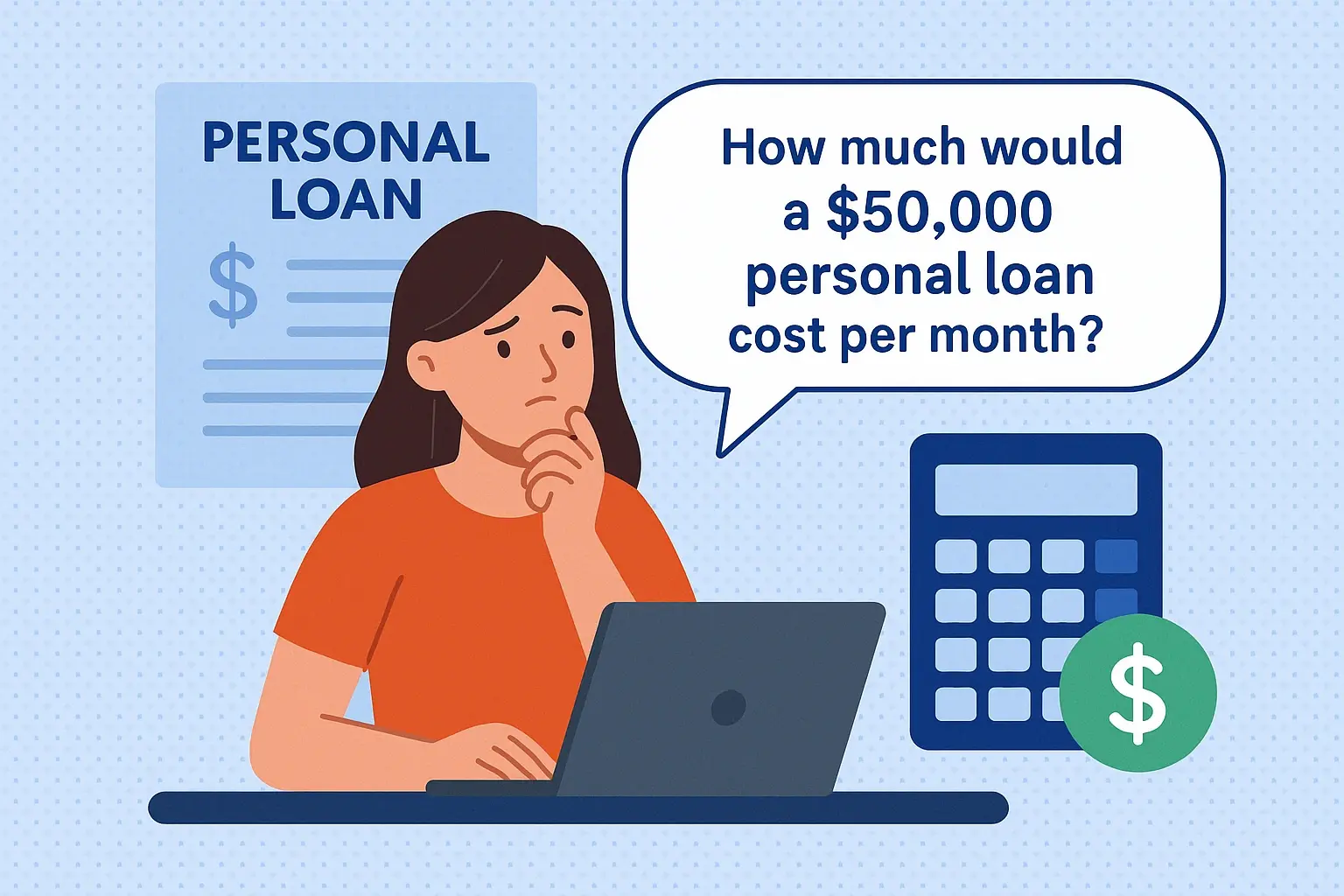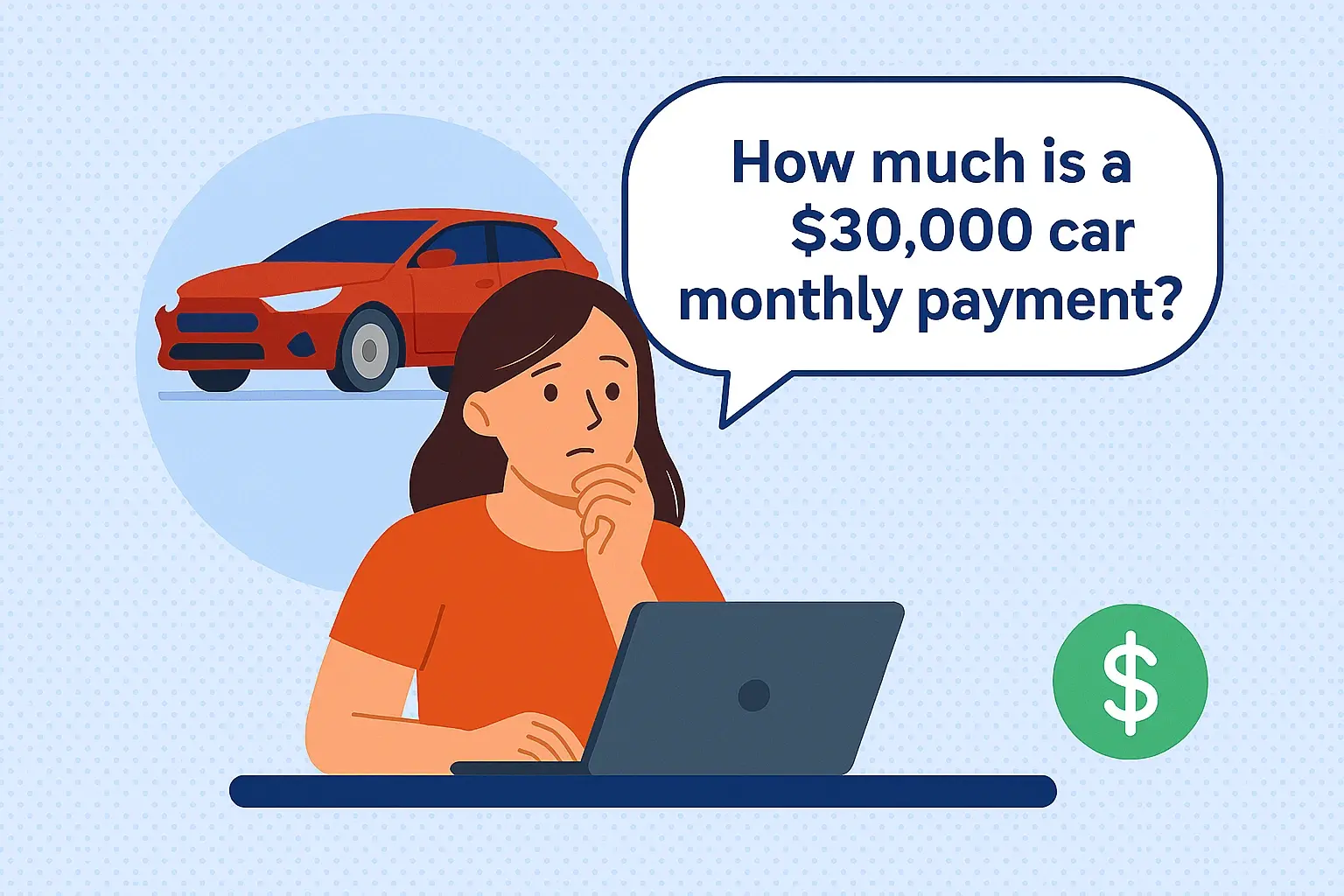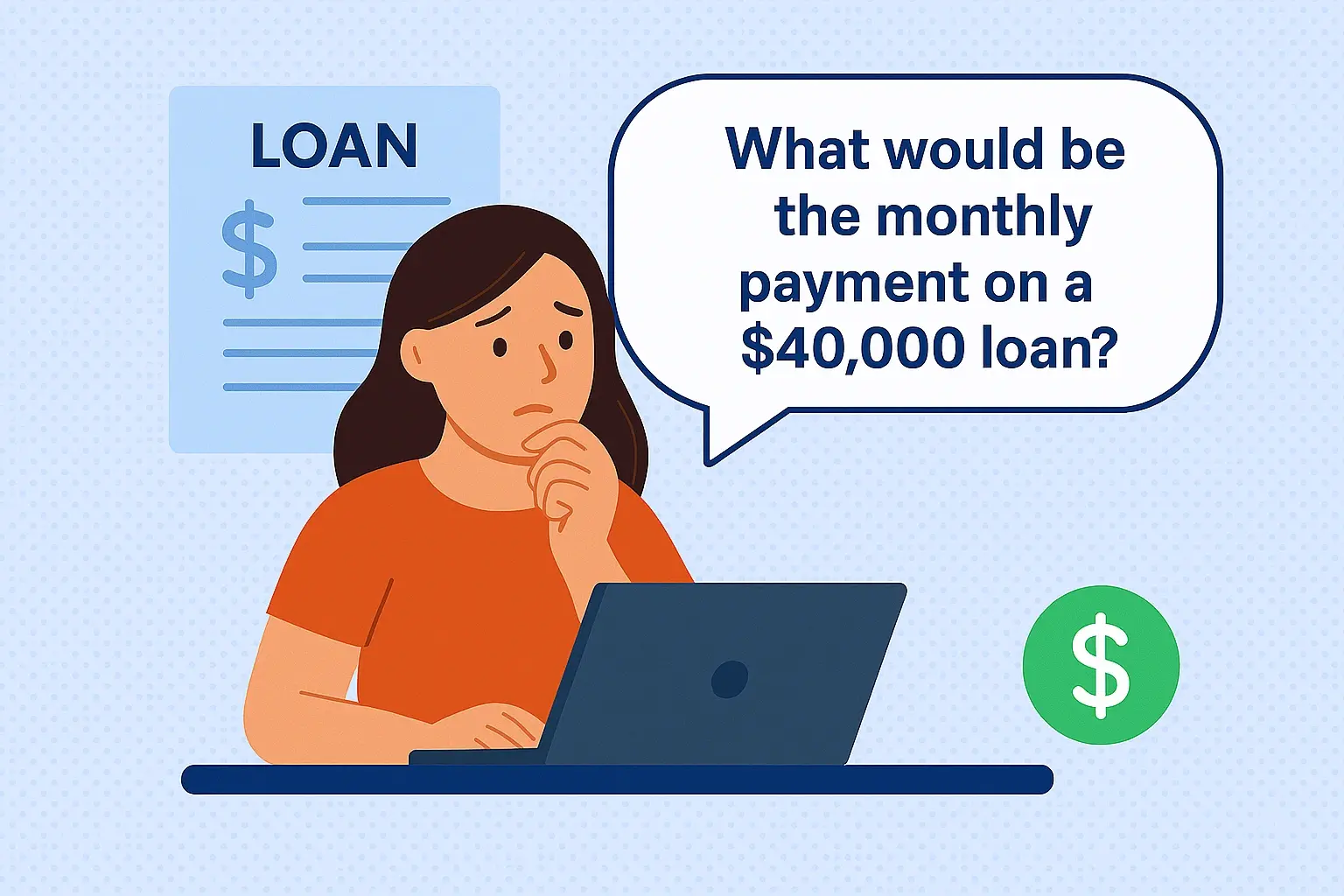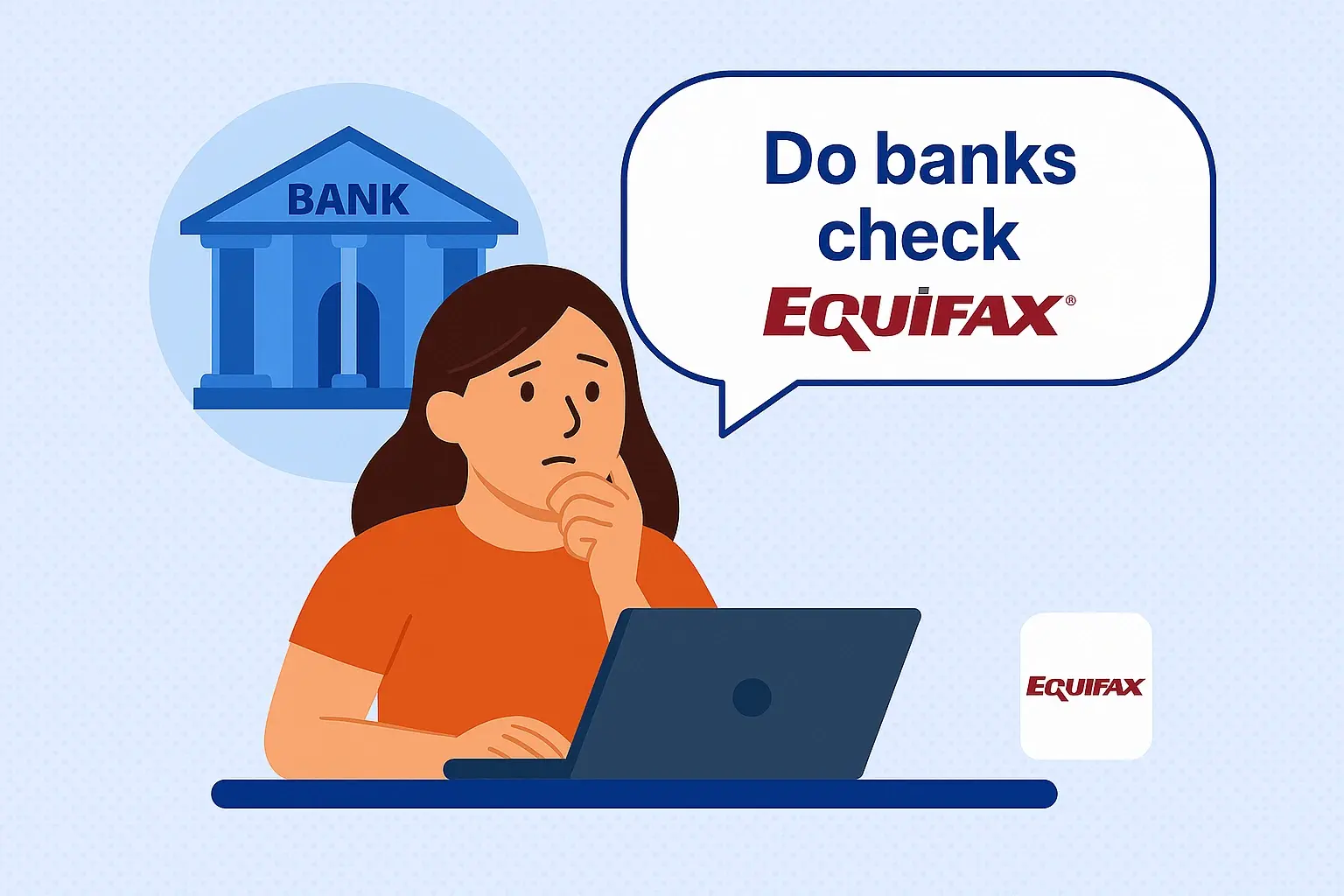Financial hardship can feel overwhelming, and for many, the prospect of insurmountable debt leads to considering bankruptcy. Filing for bankruptcy is a significant decision with both potential benefits and drawbacks. It's crucial to carefully weigh these factors before taking action. This article will provide a comprehensive overview of the advantages and disadvantages of filing for bankruptcy, helping you make an informed choice.
Understanding Bankruptcy: A Brief Overview
Bankruptcy is a legal process that provides individuals and businesses with a fresh start from overwhelming debt. It's governed by federal law and allows debtors to either liquidate their assets to pay off creditors (Chapter 7) or create a repayment plan (Chapter 13). Understanding the different types of bankruptcy is the first step in determining if it's the right solution for your financial situation.
Chapter 7 vs. Chapter 13: Key Differences
The two most common types of bankruptcy for individuals are Chapter 7 and Chapter 13. Here's a breakdown of their key differences:
- Chapter 7: Liquidation. This involves selling non-exempt assets to pay off creditors. Typically, individuals with lower incomes and limited assets are eligible for Chapter 7. Many types of debt can be discharged (eliminated) through Chapter 7.
- Chapter 13: Reorganization. This involves creating a repayment plan over a period of three to five years. Debtors make regular payments to a bankruptcy trustee who then distributes the funds to creditors. Chapter 13 is often chosen by individuals with regular income and valuable assets they want to protect.
The Advantages of Filing for Bankruptcy
While the decision to file for bankruptcy is a serious one, it can offer several significant advantages that provide much-needed relief from financial distress.
1. Immediate Relief from Creditor Actions
One of the most immediate benefits of filing for bankruptcy is the automatic stay. This court order takes effect immediately upon filing and prohibits most creditors from taking any further action to collect debts. This includes:
- Stopping lawsuits
- Preventing wage garnishments
- Ending harassing phone calls and letters from debt collectors
- Forbidding foreclosures and repossessions (although these may resume later in the process)
The automatic stay provides a much-needed respite from the relentless pressure of debt collection, allowing you to focus on reorganizing your finances.
2. Debt Discharge
The ultimate goal of bankruptcy is often to discharge (eliminate) eligible debts. This means you are no longer legally obligated to repay them. Common types of debts that can be discharged in bankruptcy include:
- Credit card debt
- Medical bills
- Personal loans
- Utility bills
- Some judgments
However, certain debts are typically non-dischargeable, including:
- Most student loans (though exceptions exist)
- Child support and alimony
- Most taxes
- Debts incurred through fraud
- Criminal fines and penalties
The extent to which debt can be discharged depends on the type of bankruptcy filed (Chapter 7 or Chapter 13) and individual circumstances. A bankruptcy attorney can advise you on which debts are likely to be discharged in your specific case.
3. Opportunity for a Fresh Financial Start
Bankruptcy provides a clean slate, allowing you to rebuild your finances without the burden of overwhelming debt. By discharging eligible debts, you can free up income and resources to focus on:
- Saving for the future
- Investing in education or career advancement
- Building a more secure financial foundation
While bankruptcy can have a negative impact on your credit score in the short term, it also offers the opportunity to improve your financial habits and build credit responsibly in the long term.
4. Asset Protection (Exemptions)
Bankruptcy laws provide exemptions that protect certain assets from being seized and sold to pay off creditors. These exemptions vary by state and can include:
- Your home (homestead exemption)
- Personal property (clothing, furniture, household goods)
- A vehicle (up to a certain value)
- Retirement accounts (often fully protected)
- Tools of your trade
Exemption laws are complex, and it's crucial to consult with a bankruptcy attorney to determine which assets are protected in your state. In a Chapter 7 bankruptcy, only non-exempt assets are liquidated. In Chapter 13, you may be able to retain all your assets by including them in your repayment plan.
5. Stopping Foreclosure and Repossession (Temporarily)
While the automatic stay provides temporary relief from foreclosure and repossession, bankruptcy can also offer more lasting solutions. In Chapter 13, you may be able to catch up on mortgage payments or car loan payments through your repayment plan, allowing you to keep your home or vehicle. However, consistent payments are essential. Failure to maintain these payments can result in the foreclosure or repossession proceeding.
The Downsides of Filing for Bankruptcy
Despite the potential benefits, filing for bankruptcy also has several significant downsides that should be carefully considered.
1. Negative Impact on Credit Score
One of the most significant drawbacks of bankruptcy is its negative impact on your credit score. A bankruptcy filing can remain on your credit report for up to 10 years, making it more difficult to:
- Obtain credit cards or loans
- Secure favorable interest rates
- Rent an apartment
- Get a job (in some cases)
While the effect on your credit score diminishes over time, it's important to be prepared for the potential consequences. However, it's also important to remember that for many facing bankruptcy, their credit score is already severely damaged by missed payments and high debt levels. In these cases, bankruptcy, although initially damaging, can provide a path to rebuilding credit over time.
2. Public Record
Bankruptcy filings are a matter of public record, meaning anyone can access information about your case. While this may not be a major concern for everyone, it's something to consider if you value your privacy.
3. Not All Debts Are Dischargeable
As mentioned earlier, certain types of debts are typically non-dischargeable in bankruptcy. This means you will still be responsible for repaying them even after your bankruptcy case is closed. Common examples include student loans, child support, alimony, and certain taxes. This can be a significant drawback if you have substantial amounts of these types of debt.
4. Loss of Certain Assets
In a Chapter 7 bankruptcy, non-exempt assets may be liquidated to pay off creditors. While exemptions protect many common assets, you may have to give up valuable possessions that are not covered by these exemptions. This can be emotionally difficult and may require you to make significant sacrifices.
5. Emotional and Psychological Impact
Filing for bankruptcy can be a stressful and emotionally challenging experience. It can involve feelings of shame, guilt, and anxiety. The process can also be complex and confusing, requiring you to navigate legal procedures and deal with creditors. It's important to have a strong support system and to seek professional help if needed to cope with the emotional toll of bankruptcy.
6. Limited Future Bankruptcy Filings
There are limitations on how frequently you can file for bankruptcy. Typically, you must wait a certain period of time between bankruptcy filings. For example, you may not be able to file for Chapter 7 again if you received a discharge in a previous Chapter 7 case within the past eight years. This can be a disadvantage if you experience future financial difficulties.
7. Required Credit Counseling and Financial Education
Before filing for bankruptcy, you are generally required to complete credit counseling from an approved agency. After filing, you may also be required to complete a financial education course. While these courses can be beneficial, they also add to the time and cost of the bankruptcy process.
Alternatives to Bankruptcy
Before deciding to file for bankruptcy, it's important to explore other options for managing your debt. These alternatives may be a better fit for your situation and can help you avoid the negative consequences of bankruptcy.
- Debt Management Plans (DMPs): These plans, offered by credit counseling agencies, involve making regular payments to the agency, which then distributes the funds to your creditors. DMPs can help you lower your interest rates and consolidate your debts.
- Debt Settlement: This involves negotiating with your creditors to settle your debts for less than the full amount owed. Debt settlement can be risky and may negatively impact your credit score.
- Balance Transfers: Transferring high-interest credit card balances to a card with a lower interest rate can help you save money on interest charges and pay off your debt faster.
- Personal Loans: Taking out a personal loan to consolidate your debts can provide a fixed interest rate and a predictable repayment schedule.
- Budgeting and Financial Planning: Creating a budget and tracking your expenses can help you identify areas where you can cut back and free up money to pay down your debt.
It's highly recommended to consult with a financial advisor or credit counselor to explore these alternatives and determine the best course of action for your specific circumstances.
Conclusion
Filing for bankruptcy is a complex decision with both potential advantages and disadvantages. While it can provide much-needed relief from overwhelming debt and offer a fresh financial start, it can also negatively impact your credit score and have other long-term consequences. Carefully weigh the pros and cons, explore alternative options, and seek professional advice from a bankruptcy attorney and/or financial advisor before making a decision. Understanding the full implications of bankruptcy is essential to making an informed choice that is right for your unique financial situation.
